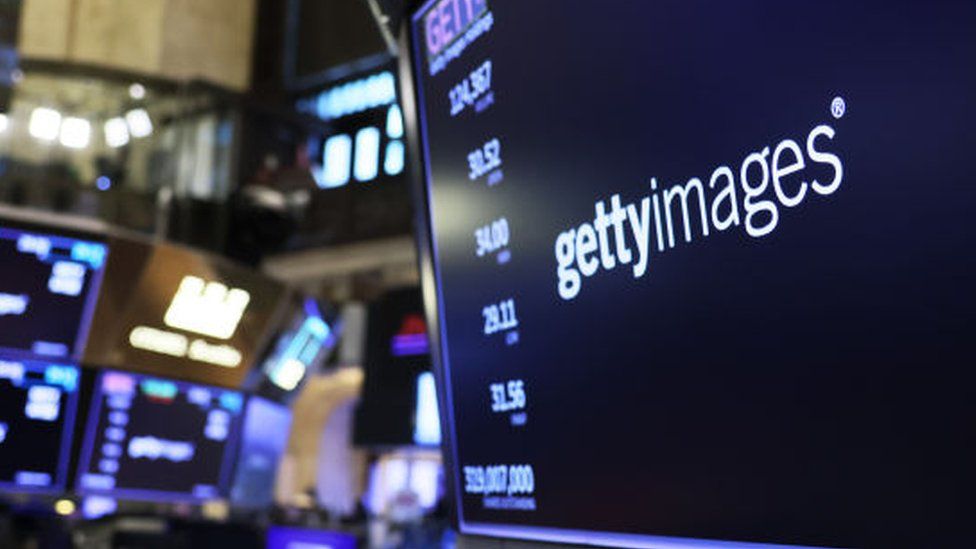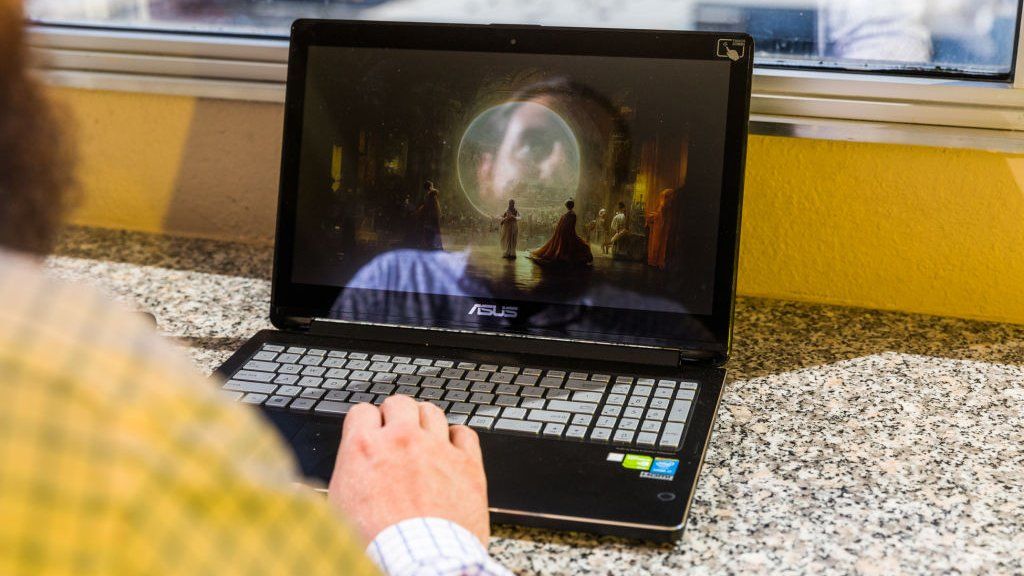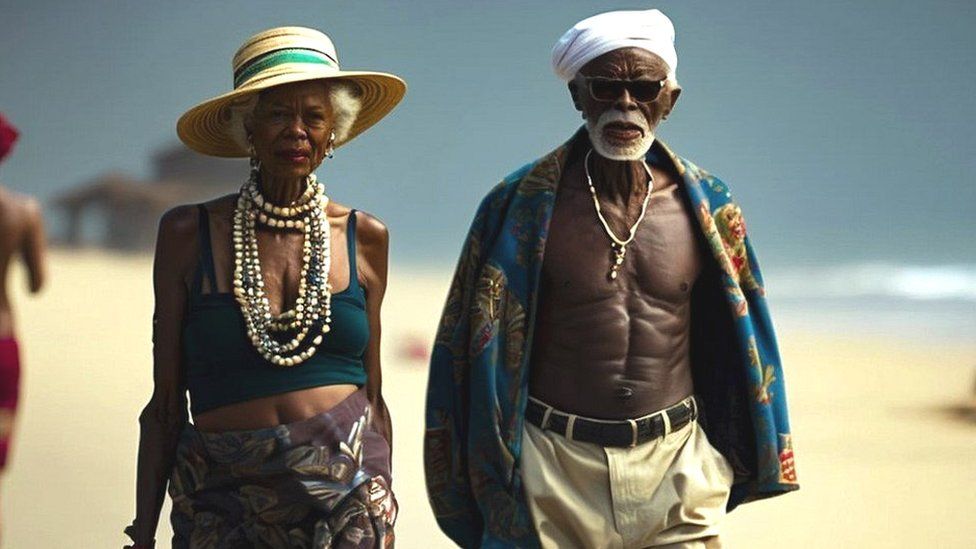AI image creator faces UK and US legal challenges
Getty Images is taking legal action against the makers of an artificial-intelligence image-creation tool.
The agency, which sells the rights to use photographers’ and illustrators’ images, said Stability AI’s Stable Diffusion system had infringed these.
AI image generators “learn” to create images from simple text instructions by analysing human-made pictures, including images found online.
Many artists and photographers say they use their work without permission.
Some artists find image generators a valuable way to express themselves creatively – but many others worry they can convincingly imitate their style and use it to produce images in seconds.
“This thing wants our jobs – it’s actively anti-artist,” one wrote in a viral tweet.
‘Unlawfully copied’
Stability AI founder Emad Mostaque has previously told BBC News Stable Diffusion is trained using a compressed file of “100,000GB of images” scraped from the internet. He has also talked of working on tools to enable artists and creators to opt out.
These included material sourced from Getty Images, researchers have previously found. Now the agency says it has begun legal proceedings in the High Court, in London.
“Stability AI unlawfully copied and processed millions of images protected by copyright… to the detriment of the content creators” and “chose to ignore viable licensing options and long‑standing legal protections”, Getty alleges.
Chief executive Craig Peters told BBC News Stability AI’s use of work on Getty Images was not “supported by the law and we believe content owners should have a say in how their work is used”.
“This is not a statement against generative models,” he said. “Instead, we believe it is a responsible and legal path to produce such models.”
Being scraped
A Stability AI representative told BBC News it took these matters seriously but said: “It is unusual that we have been informed about this intended legal action via the press. We are still awaiting the service of any documents. Should we receive them, we will comment appropriately.”
Picsel, a collection agency that works to ensure creators are paid fairly when their work is copied, has previously warned of the risks to photographers’ and photo agencies’ livelihoods.
“Imagine a photo-agency website being scraped for content to produce AI-derived images which are then sold in competition to that agency’s content,” chief executive Paul Seheult told BBC News in September.

Three artists are also bringing a class-action case against Stability AI, and two other defendants, in California.
Stable Diffusion is “merely a complex collage tool”, they allege, trained using “countless copyrighted images” and they are trying to protect artists from “this blatant and enormous infringement of their rights, before their professions are eliminated by a computer program powered entirely by their hard work”.
But a Stability AI representative told BBC News: “Anyone that believes that this isn’t fair use does not understand the technology and misunderstands the law.”
The cases will be watched closely by lawyers with an interest in AI.
Patrick Goold, a reader in law at City, University of London, said of the US case: “For hundreds of years, human artists learned by copying the art of their predecessors. Furthermore, at no point in history has the law sanctioned artists for copying merely an artistic style.
“The question before the US courts today is whether to abandon these long-held principles in relation to AI-generated images”.
- 13 September 2022

- 3 days ago















